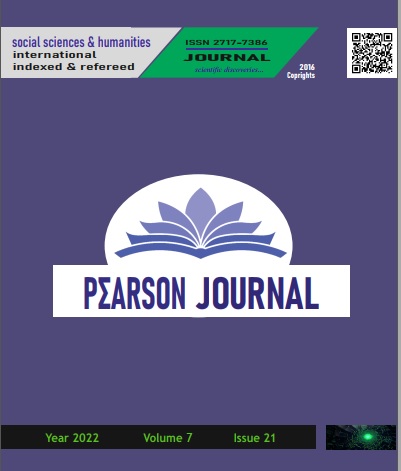MENTORING IN EDUCATION
DOI:
https://doi.org/10.46872/pj.588Keywords:
Mentor, Mentoring, Mentoring Practices, MenteeAbstract
The aim of this study is to determine the problems faced by novice teachers who have just started their profession, to provide guidance to novice teachers for the solution of these problems and to enable them to obtain information. It is aimed to reveal the opinions of novice teachers about the concepts of mentor (guide/advisor) and mentee (newbie to the profession) in educational institutions. It is thought that the mentoring practice that will guide the mentees as a candidate teacher can be beneficial. Qualitative research method was applied in this study, which aims to examine the views of novice teachers about mentoring in education in their own reality, in detail and in depth. In the research, it was tried to reach the whole universe. The research consists of the voluntary participation of 7 novice teachers from different branches out of 11 novice teachers working in public schools in Buca district of Izmir. The research was built on a qualitative research design. Homogeneous sampling technique, one of the purposive sampling methods, was used in the formation of the study group. In the analysis of the data, content analysis was used as a qualitative research data analysis technique. From the answers given to the research questions (what are the characteristics of your counselor, how do you think the selection of the counselor to be appointed should be, what benefits do you think your counselor will provide, how does the person who guides you do this job?) in order to reveal the opinions of the novice teachers about mentoring in education, it can be said that the novice teachers revealed their positive and negative opinions about their counselors.




